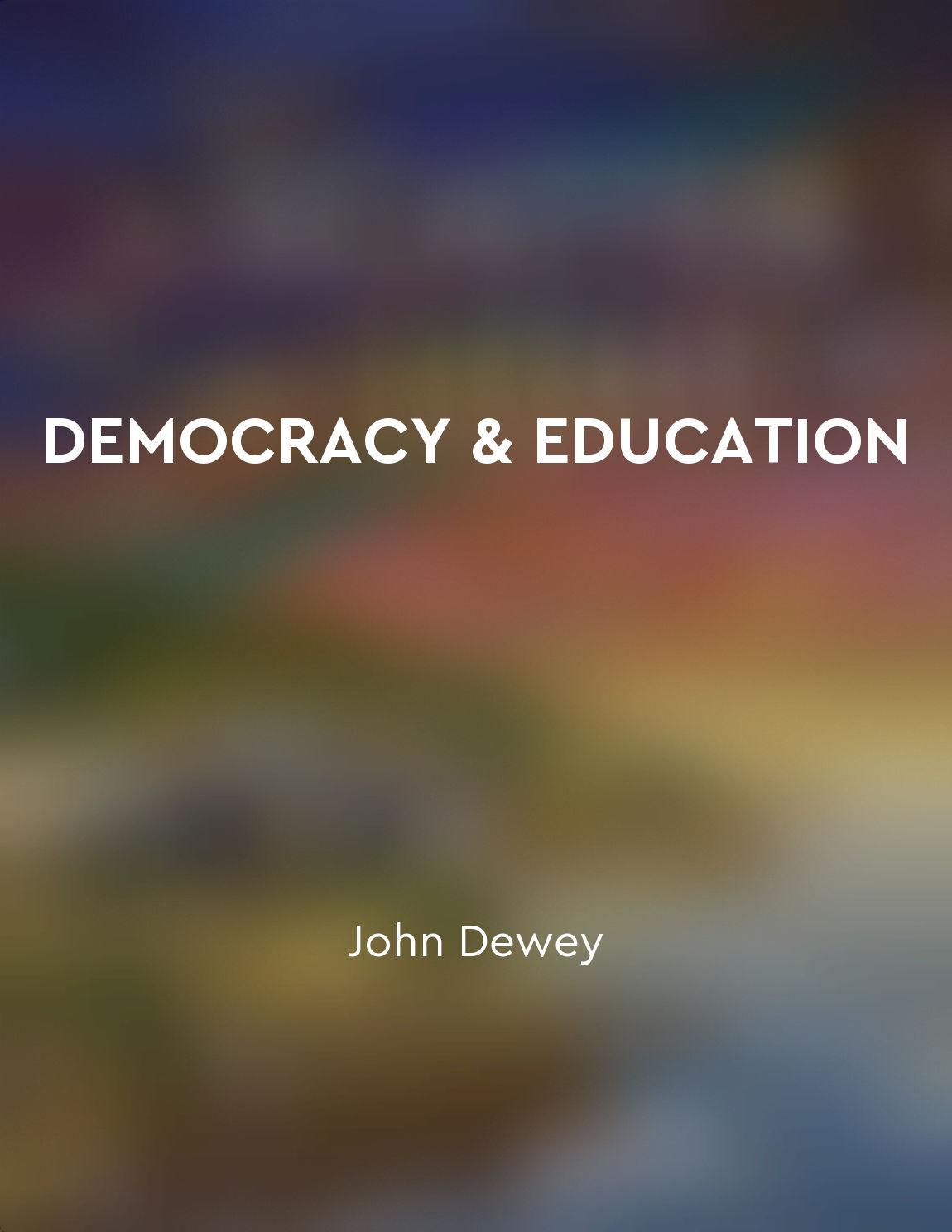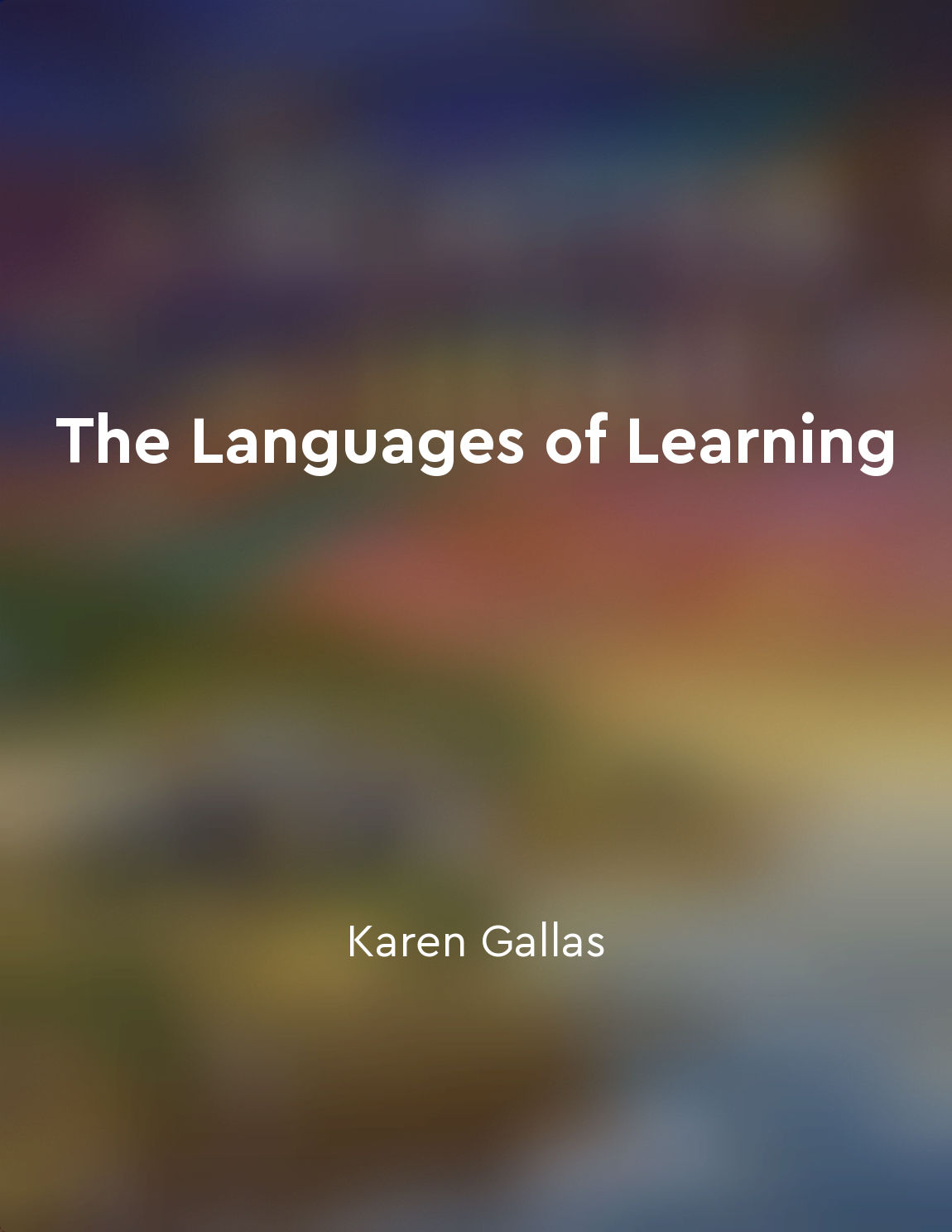Cultivate critical thinking skills from "summary" of Culturally Responsive Teaching by Geneva Gay
Developing the ability to think critically is essential for educators who wish to create culturally responsive classrooms. Critical thinking skills enable teachers to challenge assumptions, analyze information, and make informed decisions about how to best support their diverse students. By cultivating critical thinking skills, educators can better understand the complex cultural backgrounds of their students and tailor their instructional approaches to meet their needs effectively. Critical thinking is not just about analyzing information; it also involves questioning one's own beliefs and biases. Educators must be willing to reflect on their own cultural perspectives and consider how these might influence their interactions with students from different backgrounds. By developing this self-awareness, teachers can create a more inclusive and respectful learning environment for all students. One way to cultivate critical thinking skills in educators is through professional development opportunities that focus on cultural responsiveness. These workshops and training sessions can help teachers explore their own cultural identities and learn strategies for engaging with diverse students in the classroom. By participating in these activities, educators can gain the confidence and skills they need to address cultural differences effectively and promote positive learning experiences for all students. In addition to formal professional development, educators can also cultivate critical thinking skills through ongoing reflection and dialogue with colleagues. By discussing their teaching practices and sharing insights with others, teachers can gain new perspectives on how to support diverse learners effectively. This collaborative approach can help educators refine their instructional strategies and develop a deeper understanding of cultural diversity in the classroom.- Cultivating critical thinking skills is a continuous process that requires dedication and commitment from educators. By actively engaging with issues of cultural responsiveness and challenging their own assumptions, teachers can create more inclusive and equitable learning environments for all students. Through ongoing reflection, dialogue, and professional development, educators can enhance their ability to support diverse learners and promote positive outcomes for all students in the classroom.
Similar Posts
Encouraging a love for learning
The essence of 'Siksha o sahitya' lies in fostering a deep-rooted passion for acquiring knowledge. This concept transcends the ...

Democracy demands continuous improvement
Democracy is not a fixed system, but rather a dynamic process that requires ongoing development and refinement. The idea that d...
Liberation is a lifelong process
The process of liberation is not a simple task that can be achieved overnight. It is a continuous journey that individuals must...
It requires logical reasoning
To think critically, one must engage in logical reasoning. This involves examining information, evidence, or arguments in a sys...
Interdisciplinary connections are emphasized throughout the book
Throughout the text, various concepts and topics from different fields of study are intertwined to provide a holistic understan...
Importance of critical consciousness
Critical consciousness is a central concept in Freire's Pedagogy of the Oppressed, emphasizing the importance of understanding ...
Build a strong foundation in math
To succeed in math olympiads, it is essential to have a strong foundation in math. This means having a solid understanding of b...
Schools play a role in reproducing social hierarchies
One of the central arguments in Education and Power is that schools are not neutral institutions but rather play a crucial role...
Building on prior knowledge enhances learning
Our brains are not built to remember isolated facts. Instead, the brain is designed to remember things by connecting them to wh...

Children's languages of learning enhance their cognitive skills
Through the exploration of children's languages of learning, a fascinating phenomenon emerges - the enhancement of their cognit...

